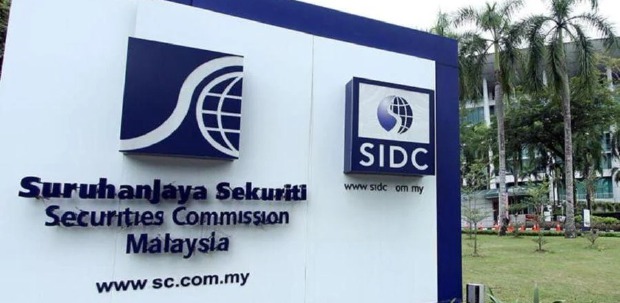LETTERS: The 12th Malaysia Plan (2021-2025) has "advancing sustainability" as its key theme, and shows the country's commitment to the United Nations Sustainable Development Goals and the 2015 Paris Agreement on climate change.
This plan sets Malaysia's path to become a carbon-neutral country by 2050, which is among the earliest in Asean.
Despite these developments, Malaysia still faces challenges related to environmental, social and governance (ESG), such as deforestation, biodiversity loss and labour rights.
The challenge of balancing economic growth and sustainability remains a key obstacle in the country. Consequently, efforts are needed to integrate ESG principles into business and policy-making.
The public sector plays a crucial role in shaping the sustainable development trajectory of the country.
Adopting ESG principles impacts the nation's ability to achieve its Malaysia Madani vision and the broader sustainable development goals.
By integrating environmental considerations into public policies and practices, a balance is struck between economic progress and the preservation of natural resources, thus, ensuring long-term sustainability and resilience.
The appreciation of the environment is the foundation of the first ESG principle.
In addition, by adopting ESG principles, public sector organisations can prioritise addressing social inequalities, promoting access to education and healthcare, and ensuring that Malaysians can participate in and benefit from the nation's development.
Inclusivity strengthens the social fabric and builds a more cohesive and equitable society, which is a reflection of the second principle of ESG.
It is important to note that social inclusivity is a cornerstone of the Malaysia Madani vision, and the public sector has a significant role in realising this.
The third pillar of the ESG framework is effective governance and accountability, which are critical components of the Malaysia Madani vision.
The public sector's adoption of ESG principles enhances transparency, reduces corruption and promotes ethical conduct.
By adhering to high standards of governance, public sector organisations can build trust among citizens and investors, fostering an environment for sustainable development.
Integrating ESG principles in the public sector aligns Malaysia with global sustainability standards and commitments.
Malaysia's adherence to ESG principles enhances its international reputation and competitiveness, and opens up opportunities for foreign investment, international collaboration and access to global markets.
As it can be seen, the adoption of ESG principles in the public sector is not just a necessity but a strategic imperative for Malaysia
It is fundamental to achieving the Malaysia Madani vision and ensuring that the nation's development is sustainable, inclusive, and governed by high standards of integrity.
By prioritising environmental sustainability, social inclusivity and good governance, Malaysia is paving the way for a future that is prosperous, sustainable and just.
DR ALENA ZHDANAVA,
Faculty of Languages and Linguistics, Universiti Malaya;
DR DALILAWATI ZAINAL,
Department of Accounting, Faculty of Business and Economics, UM;
DR NORAZLIN AB. AZIZ,
Department of Finance, Faculty of Business and Economics, UM
The views expressed in this article are the author's own and do not necessarily reflect those of the New Straits Times





